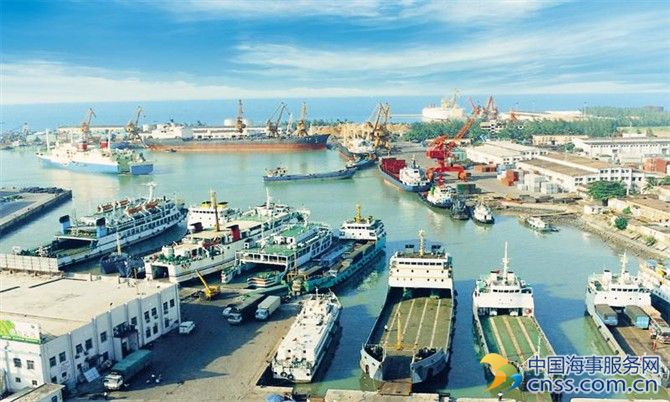Impacts of fouling

The issue of biofouling has been under the microscope at a series of national workshops delivered by IMO, most recently, a national workshop held in Antananarivo, Madagascar (25-27 April). All ships can experience a build-up of aquatic organisms on their underwater hull and structures, which is known as biofouling. This can impact on the ship speed and energy use, but it could also potentially see aquatic organisms transferred to new areas, where they could become invasive species. IMO has acted to regulate anti-fouling systems in order to prevent adverse impacts from the use of anti-fouling systems and the biocides they may contain. And IMO has also adopted guidance to focus on how biofouling should be controlled and managed to reduce the transfer of invasive aquatic species.
The recent workshop on the impacts of anti-fouling systems and of ships’ biofouling raised awareness of the issues and developed capacity for the ratification and implementation of the anti-fouling Systems (AFS) Convention and the implementation of the Biofouling Guidelines. Participants gained a greater understanding and appreciation of the requirements and implications of ratifying, implementing and enforcing the AFS Convention, and implementing the Biofouling Guidelines. The workshop was funded by IMO’s Technical Cooperation Fund and implemented by IMO’s Theofanis Karayannis.
Source: IMO
HEADLINES
- Do shipping markets want Biden or Trump for the win?
- All 18 crew safe after fire on Japanese-owned tanker off Singapore
- Singapore launching $44m co-investment initiative for maritime tech start-ups
- Cosco debuts Global Shipping Industry Chain Cooperation Initiative
- US warns of more shipping sanctions
- China continues seaport consolidation as Dalian offer goes unconditional